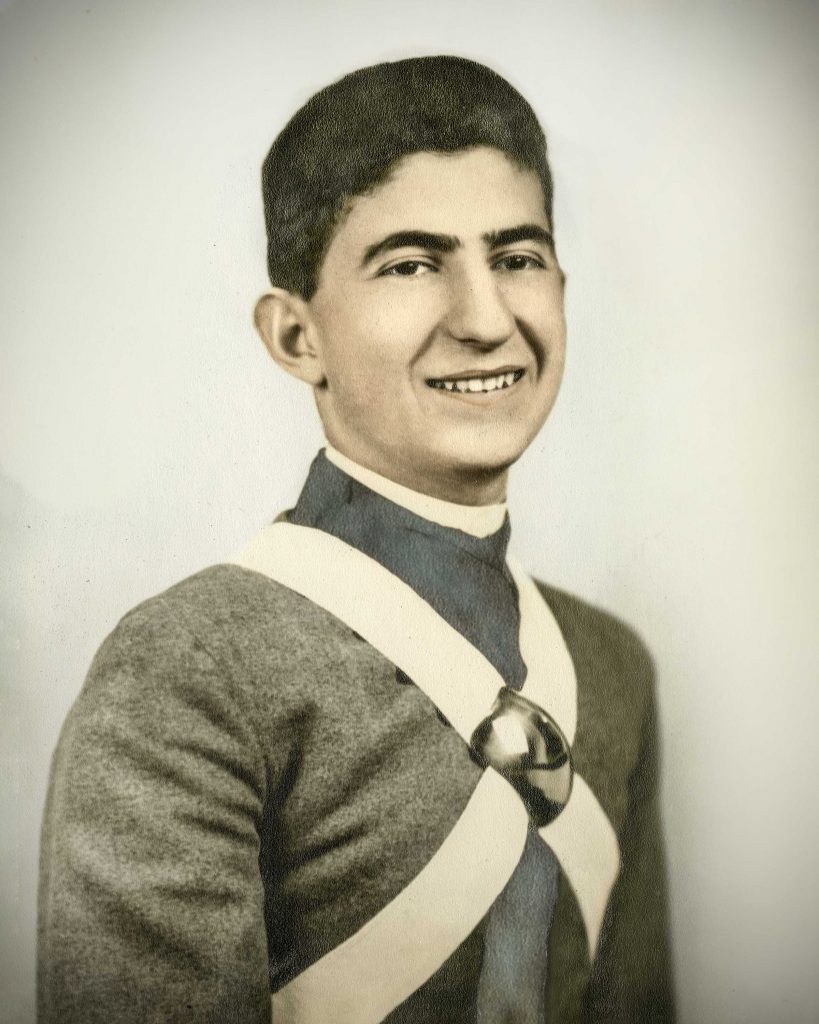Ready to Talk?
We are committed to helping you find a place to live in Greensboro that is also a place to thrive.

Read More
I have rented from Arco for many years and they are always fair and efficient.

Read More
I been with Arco Realty for a long time they all ways come when we need help or something to be fixed.I have nothing bad to say about Arco Realty. They have always been good to us.

Read More
They are actually really good and fair people, compared to alot of other rental agencies. People who have negative things to say ,usualy there is a underlined issue why..
Previous
Next
